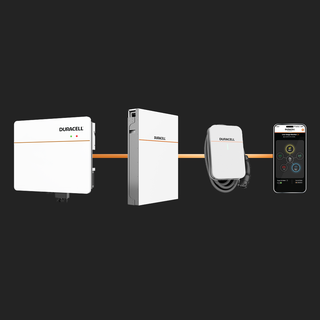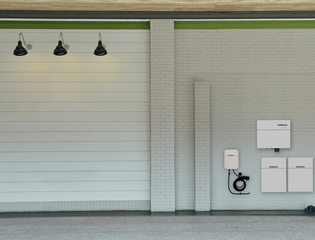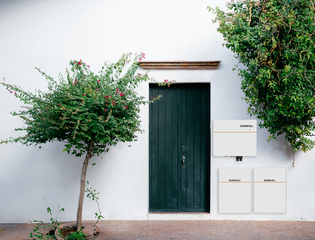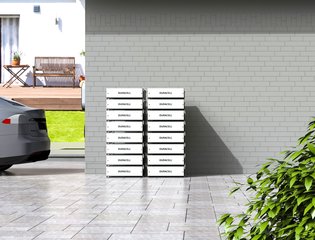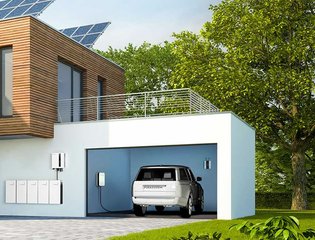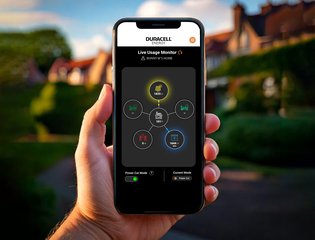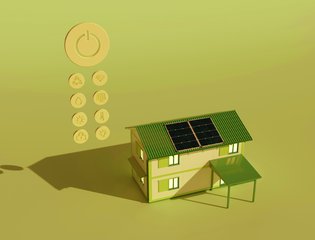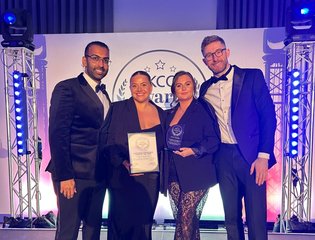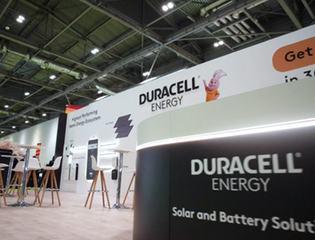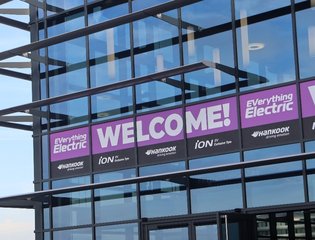Duracell Energy Christmas Opening Times
Over the festive period our phone lines will be:
Monday 22nd Dec – 9am-4.30pm
Tuesday 23rd Dec – 9am-4.30pm
Wednesday 24th Dec – Friday 2nd January CLOSED
Reopen on Monday 5th January 9am-4.30pm
Why Choose Solar Battery Storage?
Solar panel battery storage allows you to make the most of the clean energy generated by your solar panels. Instead of sending excess power back to the grid, you can store it for use later - for example, in the evening or during power cuts. This helps you reduce your reliance on the grid, lower your energy bills, and protect yourself from rising electricity costs. Solar battery storage also supports a more sustainable lifestyle, as it maximises the use of renewable energy in your home. Whether you’re looking to increase your energy independence or reduce your carbon footprint, solar battery storage offers a smart, future-proof solution.
Duracell Energy home battery storage products
Pick the home battery storage system that works for you
You can save a significant amount on your energy bill with a home battery-only system without the need for solar panels.
Add the Dura5 solar battery to your system, driving your electricity bill to zero – even earn a profit!
Now is the perfect time to invest in a solar battery.
You can also charge your home battery storage using alternative energy sources such as wind or hydro power.
